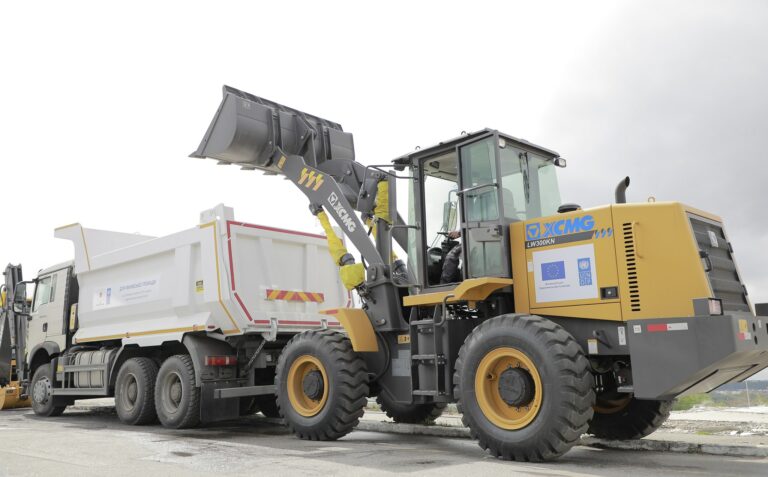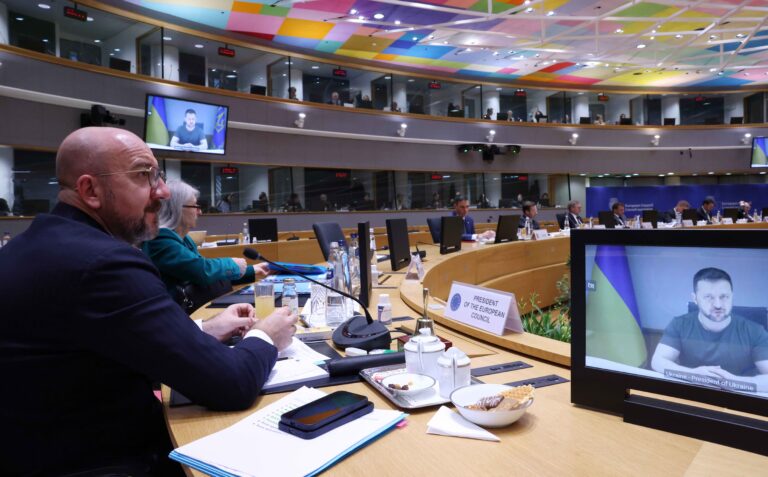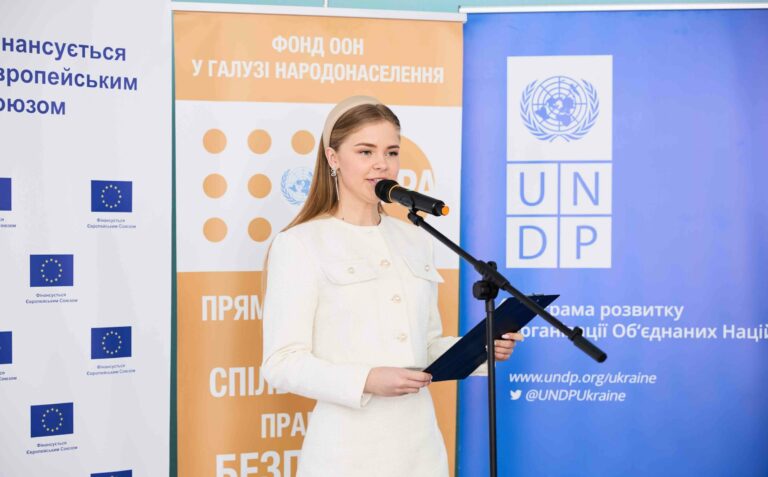
EBRD study: SMEs surveyed in Ukraine stabilise their activity despite the war
The impact of the Russian war on Ukrainian small and medium-sized enterprises (SMEs) is significant and generally negative, but most companies continue operating and planning for the future, according to a survey commissioned by the European Bank for Reconstruction and Development (EBRD) almost a year after the Russian invasion.
Fifty seven per cent of SMEs maintain their pre-war activity, 37 per cent operate but have reduced their output, and six per cent have suspended their operation. For 43 per cent of businesses revenues declined, and 22 per cent reported a drop in employment.
Among negative trends, SMEs named a drop of business activity, loss of income, decrease in the number of orders, total cost reduction, deterioration of payment discipline, increased staff turnover, destruction of energy infrastructure, and relocation.
On the other hand, the crisis in certain cases turned out to be a development opportunity.
Some companies received new orders and expanded sales, businesses shifted to manufacturing products with high added value. Moreover, businesses are becoming more efficient, searching for creative ways to make profit and become more proactive in looking for export opportunities.
The research has been conducted in two stages: qualitative survey (16 expert interviews) and quantitative representative research (150 telephone interviews) of SMEs in production and service sectors, covering all regions of Ukraine, except those temporarily occupied. The results were obtained as of the end of December 2022 and identified the negative and positive trends, key problems and needs of businesses.
Find out more
MOST READ
SEE ALSO

EU allocates extra €10 million to support researchers from Ukraine under Horizon Europe

EU, UNDP and Japan donate equipment for debris and municipal waste management in Ukraine

Energy Support Fund of Ukraine transfers 87 transformers and nine high-voltage bushings to Khmelnytsky region

Special European Council says Ukraine urgently needs air defence systems and other military assistance

Ukraine: first Resilience Centre opens in Kamianske with EU, UNDP, and UNFPA support
More campaign pages:
Interested in the latest news and opportunities?
This website is managed by the EU-funded Regional Communication Programme for the Eastern Neighbourhood ('EU NEIGHBOURS east’), which complements and supports the communication of the Delegations of the European Union in the Eastern partner countries, and works under the guidance of the European Commission’s Directorate-General for Neighbourhood Policy and Enlargement Negotiations, and the European External Action Service. EU NEIGHBOURS east is implemented by a GOPA PACE-led consortium. It is part of the larger Neighbourhood Communication Programme (2020-2024) for the EU's Eastern and Southern Neighbourhood, which also includes 'EU NEIGHBOURS south’ project that runs the EU Neighbours portal.

The information on this site is subject to a Disclaimer and Protection of personal data. © European Union,







